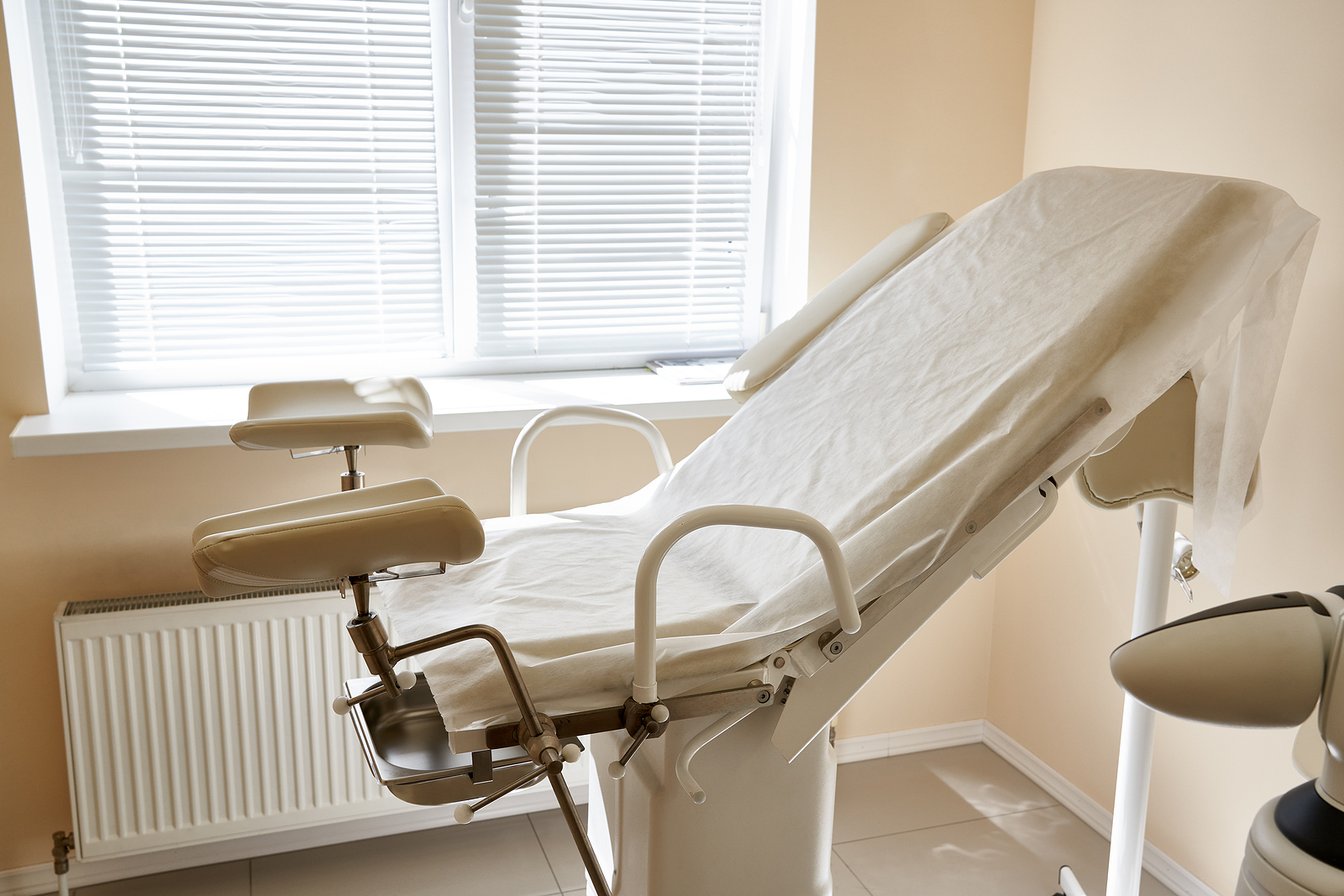
Unauthorised pelvic exams continue in American hospitals
Unauthorised pelvic exams are still being carried out on women as part of medical education in the United States. In 2020 the New York Times ran a feature describing the experience of several women who felt violated when they learned that students had performed intimate examinations on them while they were anaesthetized.
In the wake of the exposé, a number of states passed laws requiring explicit informed consent. But the practice continues, although it’s hard to know how widespread it is today. Bioethicist Art Caplan wrote an op-ed in support of such a law in Connecticut last year:
An unconsented intimate exam means a doctor or medical student conducts an exam on a patient’s intimate body parts usually for teaching purposes when patients are awake or under anesthesia without asking the patient for explicit permission. The American College of Obstetricians and Gynecologists, the American Medical Association, and the Association of American Medical Colleges, along with legal scholars and ethicists, have condemned the practice, but cases of unconsented exams done on patients with others present continue to surface.
Some doctors contend that the sexual organs are just like any other body part and ask why patients should object. Caplan explains that these exams are extraordinarily sensitive:
If we want patients to trust us and if we want to make sure that they respect what doctors and scientists have to say and what they do, we absolutely have to make sure that we don’t do something to them that they don’t fully understand, in touching their body or examining their body, or worse, taking advantage of the fact that they’re under anesthesia and doing something there for training purposes without telling them. It’s a basic moral rule to secure trust, that if you’re going to touch someone’s body, you have their permission.
In a recent issue of The New Bioethics, two philosophers from Purdue University, in Indiana, take a strong line on unauthorized pelvic exams (UPEs). They call it assault.
… in any other situation, digital penetration without authorization is sexual assault. That UPEs are educational or beneficial and that the patient has consented to the general involvement of a medical student doesn’t render them permissible, nor does it prevent them from being sexual assault. Therefore, insofar as one is against sexual assault, one should be against UPEs.
